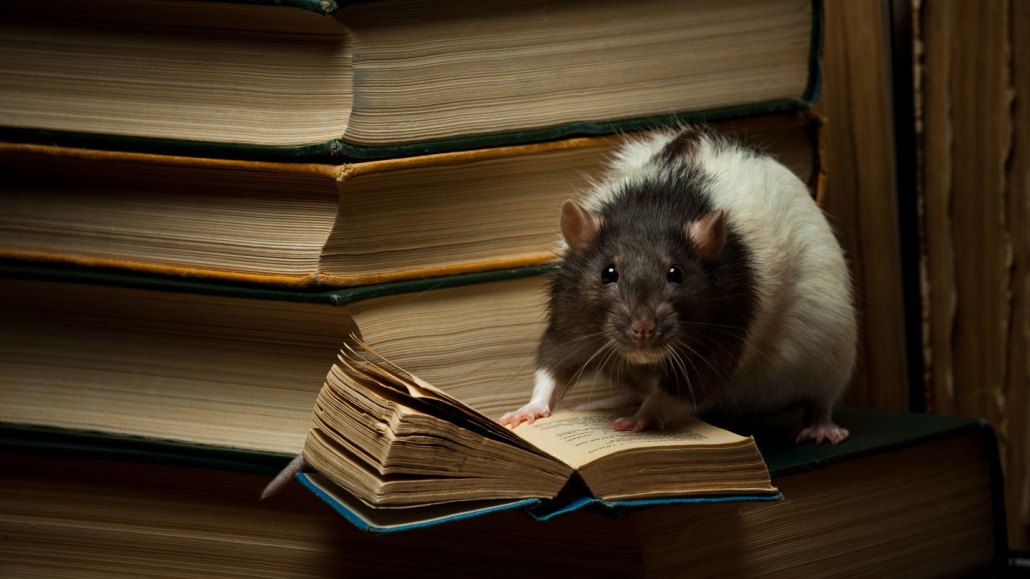Questions for ‘Rats can be chroniclers of human history’

People might not like to see rats, but their habits — and their love of people's stuff — mean scientists can study the animals to learn more about our own history.
FalconScallagrim/E+/Getty Images